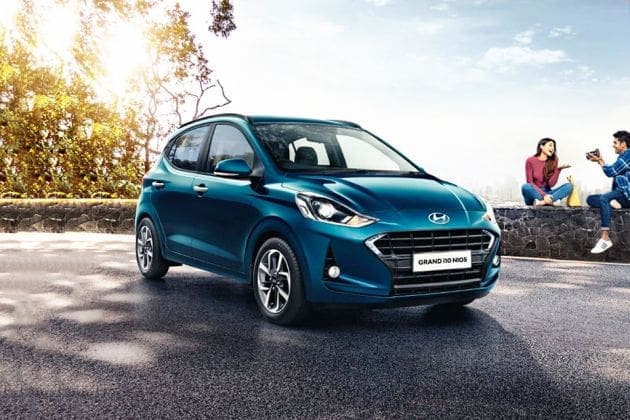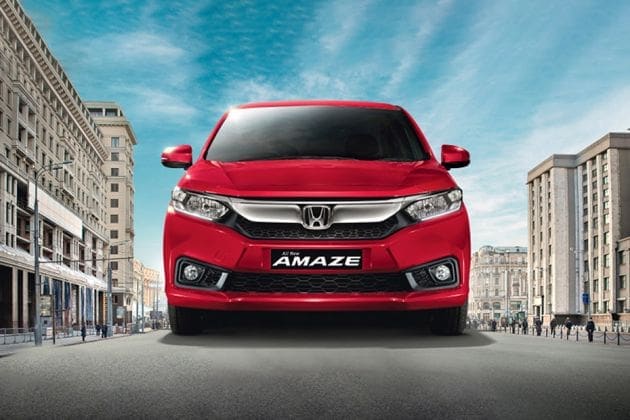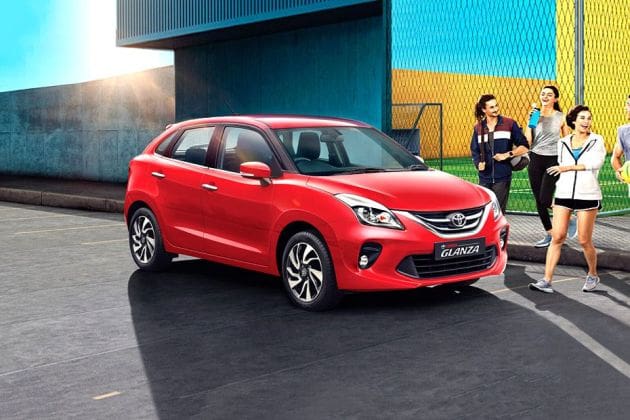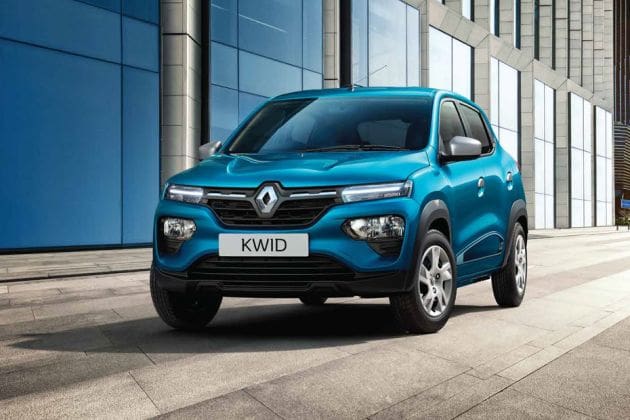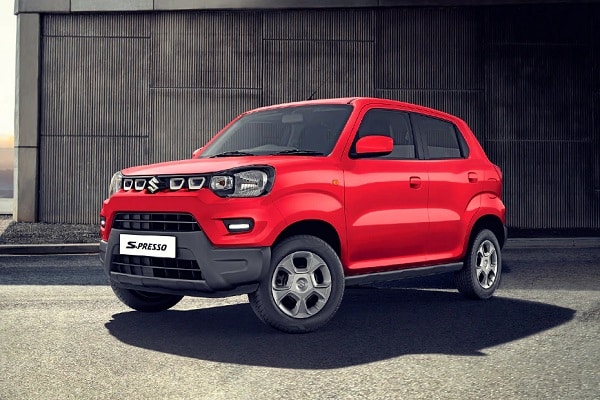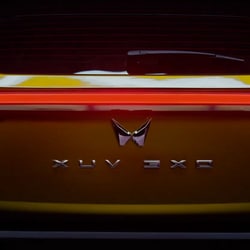Maruti Alto, Hyundai i20, Honda City and others may be axed in 2023. Know why
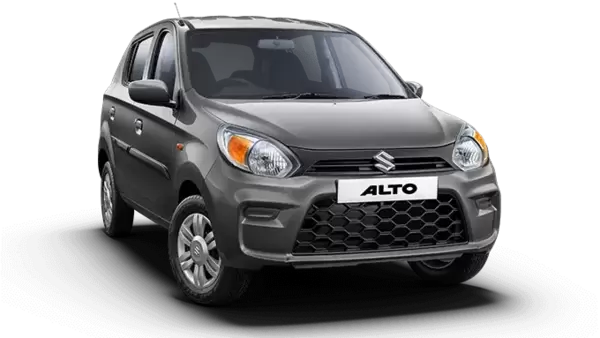

Tightening emission norms are not only giving the automakers a headache, but this time Indian car buyers too may face disappointment as some popular and bestselling passenger vehicle models in India are facing extinction. Leading automakers like Maruti Suzuki, Tata Motors, Honda, and Hyundai, alongside others, have already announced price hikes for their respective models from January 2023, dampening consumer sentiment. But April 2023 is likely to bring another shocker for vehicle buyers, as at least 17 passenger vehicle models are facing possible extinction. Livemint reports this could be attributed to the new set of emission regulations called the Real Driving Emission (RDE), set to be implemented in India from April 2023.
Also Read : Auto industry looks to sustain growth momentum in 2023
What is RDE?
Real Driving Emissions (RDE) requires the vehicles to have an onboard self-diagnostic device that would monitor the real-time driving emission levels of those vehicles. This device is supposed to constantly monitor the vehicles' key components to meet emission standards. The key automotive components that will be monitored by RDE include the catalytic converter and oxygen sensors. The RDE will test and measure the pollutants such as NOx emitted by automobiles in a real-life environment instead of a laboratory test condition, where the current emission testing is done.
Also check these Cars
The RDE is claimed to result in better compliance than the laboratory testing of vehicles' emission standards. This device and the dedicated emission level testing and measuring process are described as the second phase of BS-6 emission norms implementation in India, with the first phase kicked in back in 2020.
Why RDE affects the vehicles?
With the new emission standards kicking in from April 2023, upcoming automobiles in India must be equipped with updated microchips alongside the RDE device. The upgraded semiconductors will monitor throttle, crankshaft positions, air intake pressure, engine temperature and exhaust emission content like particulate matter, nitrogen oxide, CO2, sulphur etc. The new vehicles will also have to come equipped with programmed fuel injectors in a bid to control the level of fuel burning.
These upgrades will require the auto manufacturers to update their vehicle engines and other critical components, which would result in making the vehicles more expensive than the existing ones. Just like the BS-6 emission norms implementation, the RDE will massively impact the diesel vehicles in India, making them even more expensive than their petrol counterparts after the new norm kicks in.
Apart from that, such upgrades would impact the entry-level models' pricing that are bestsellers in India because of their affordability. The upgrades will force the automakers to hike these vehicles' prices significantly, impacting the cost-effectiveness for vehicle buyers dearly. This is why auto companies are looking to discontinue some models in a bid to comply with the upcoming emission regulations and to streamline their product portfolio as well.
Which models would discontinue?
The report claims several popular models will be included among the passenger vehicles that are likely to be ditched by the automakers. These models are - Maruti Suzuki Alto 800, Hyundai i20 Diesel, Honda City 4th Gen, Honda City 5th Gen Diesel, Honda Amaze Diesel, Hyundai Verna Diesel, Honda Jazz, Honda WR-V, Tata Altroz Diesel, Renaut Kwid 800, Toyota Innova Crysta Petrol, Mahindra Marazzo, Mahindra Alturas G4, Mahindra KUV100, Skoda Octavia, Skoda Superb, Nissan Kicks.







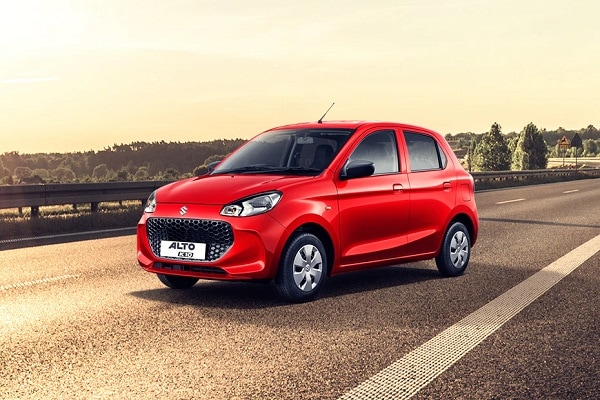
 998.0 cc
998.0 cc Multiple
Multiple